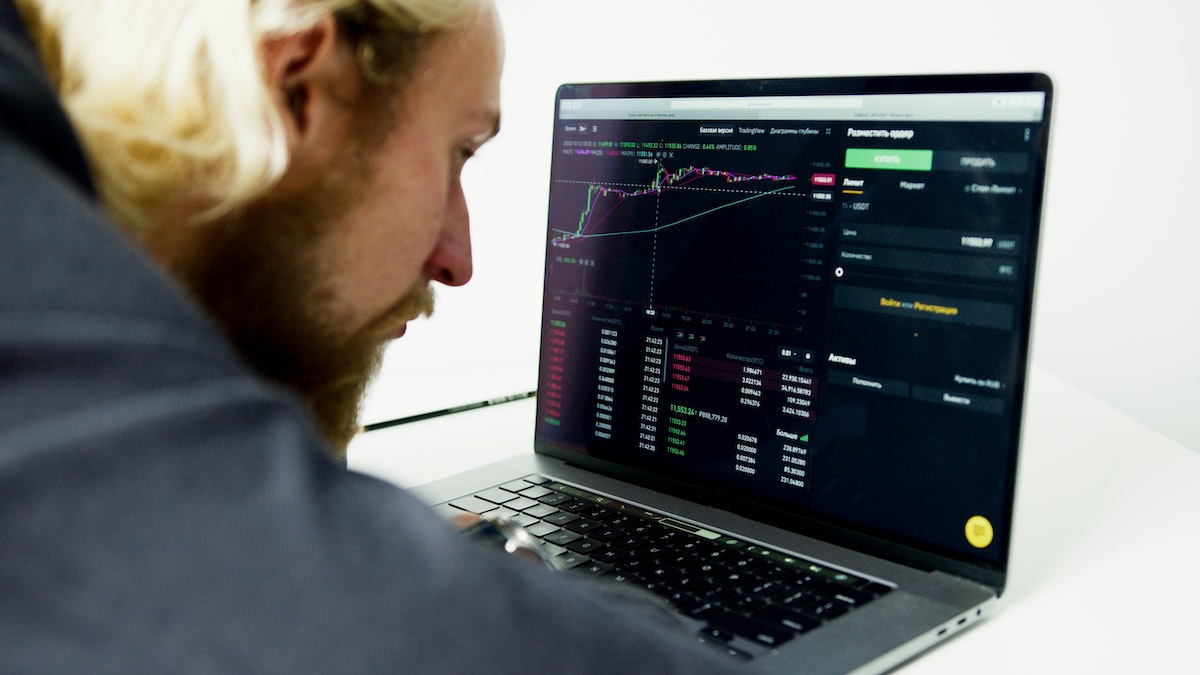Many traders are unaware of the differences between trading CFDs and futures. This article will explore the pros and cons of each type of investment to decide which is suitable for you. By understanding the differences, you can make more educated trading choices and potentially improve your profits.
What are CFDs?
A contract for difference (CFD) involves using financial derivative instruments to make money by predicting the price difference between open and closed trades. The investor does not own the physical good, product, or security.
CFDs are used for trading virtually all asset classes. Brokers worldwide offer contracts for differences, including currencies, cryptocurrency, government debt, stock indexes, and metals like gold and silver.
What are futures contracts?
A futures contract is a contract between two or more parties to buy or sell a commodity at a specific price on a specified date. It’s called ‘futures’ because it’s a contract that’ll be carried out in the future.
When a futures contract expires, the buyer must execute the underlying asset. On the other side, the transaction seller must deliver the underlying asset on a specific date.
Futures contracts are two types of derivatives, each with its characteristics. Futures can be used to hedge or speculate on the market. Hedgers utilize futures to protect themselves from losses resulting from unfavourable price movements, as contracts pledge to keep current market prices and can guarantee, to an extent, profits and losses.
Speculators wager on the price of an asset’s future. They go short if they believe the price is high and take a long position if they feel undervalued.
Futures contracts are financial instruments that allow speculators, mutual funds, and portfolio managers to bet on the future price of an underlying asset.
CFDs vs futures
There are a few critical differences between CFDs and futures that traders should know when trading financial instruments. The most crucial difference is that traders can take both long and short positions with CFDs, whereas with futures contracts, traders can only take a long or short position depending on the contract.
CFD trading is much more flexible than futures trading, as contract restrictions do not bind traders. Another key difference is that CFDs are traded on margin, so traders only need to put down a small deposit to control a much more prominent position. This leverage can work both ways, though, as it can amplify profits and losses.
Finally, another critical difference between CFDs and futures is how they are priced. Futures contracts are traded at a set price determined by the underlying asset, while the price of a CFD is based on the difference between the buy and sell prices.
Overall, these critical differences between CFDs and futures can significantly impact the way traders approach the markets. So it’s essential to understand these before deciding which instrument is suitable for you.
Risks and benefits of CFD trading
- Trade commodities shares, forex, indices and ETFs
- Open a trade with leverage, which allows you to make more money or lose it all
- Minimize spreads by trading at spot prices
- Go long or short
Risks and benefits of futures trading
- Trade commodities, forex, bonds and indices
- Open a trade with leverage, which allows you to make more money or lose it all
- You won’t have to pay any overnight funding costs
- Go long or short
The bottom line
CFDs and futures contracts are both types of derivatives, which means they derive their value from an underlying asset. However, there are a few key differences between the two that you should know before deciding which is suitable for you.
CFDs are generally more geared towards short-term trading, while futures contracts tend to be better suited for long-term investments. CFDs have higher leverage ratios than futures contracts, so they can be riskier if not used correctly. Make sure you understand the risks involved in each type of derivative before making any decisions about your investment strategy.


